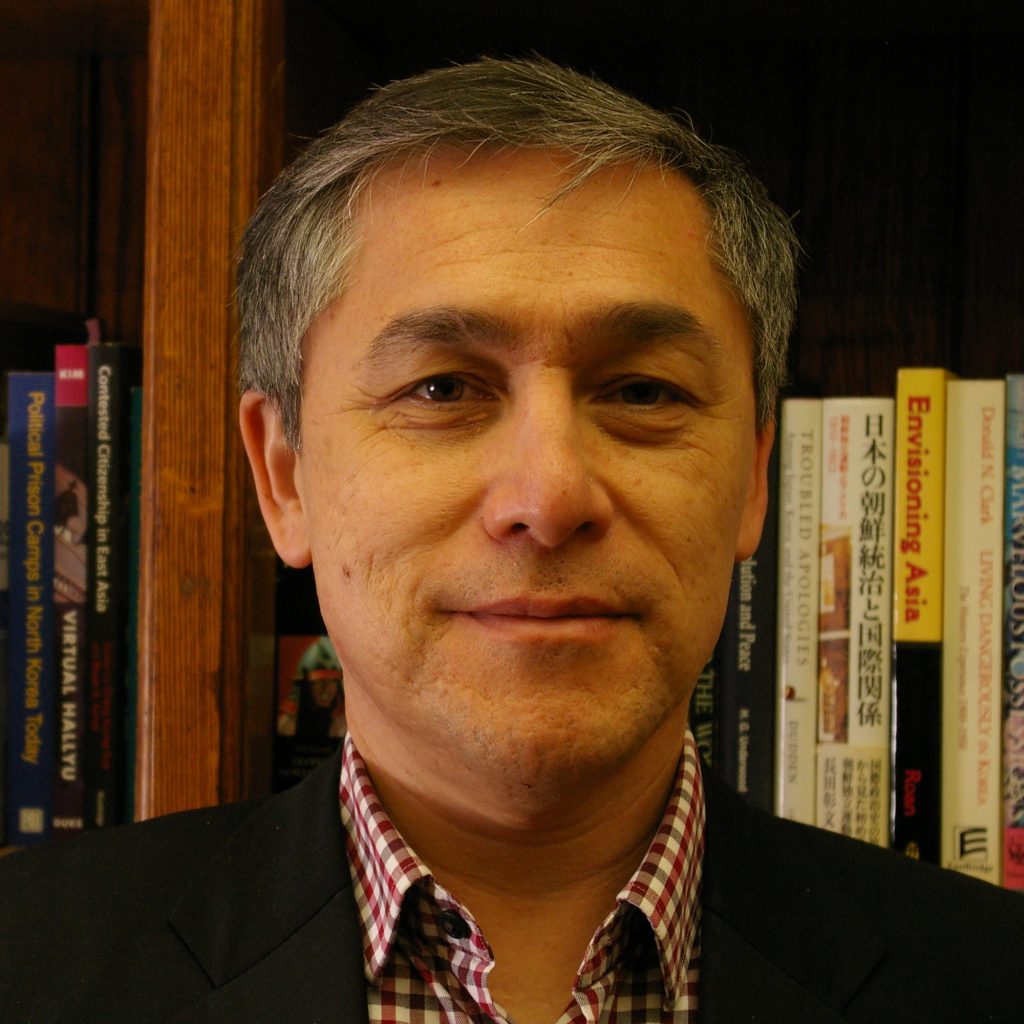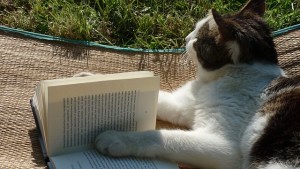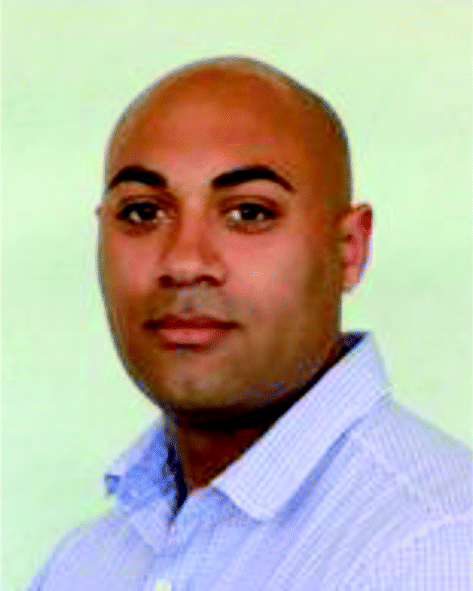
Talk about a brutal retraction notice.
The Journal of Translational Medicine has retracted a 2017 paper after multiple investigations into the work concluded that the data were fabricated. At least two of the authors hotly dispute that conclusion, as you’ll see. [Warning: Colorful language ahead.]
The study, “Stromal vascular fraction cells for the treatment of critical limb ischemia: a pilot study,” came from a group of researchers in Lithuania led by Adas Darinskas. At the time of publication, Darinskas listed his affiliation as the National Cancer Institute of Lithuania, in Vilnius. Now he works at Innovita Research, a company trying to develop:
Continue reading Retraction notice claims authors submitted ‘fictional’ science






